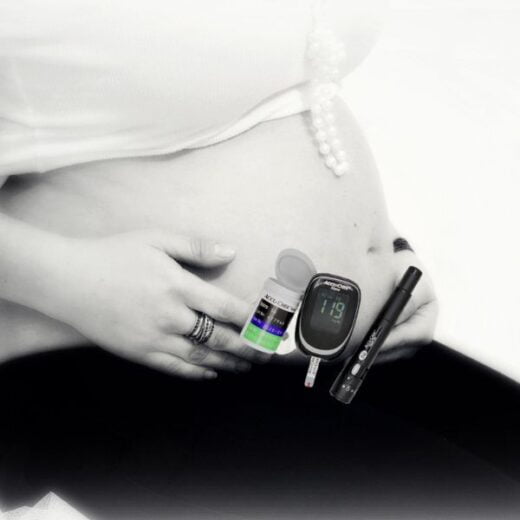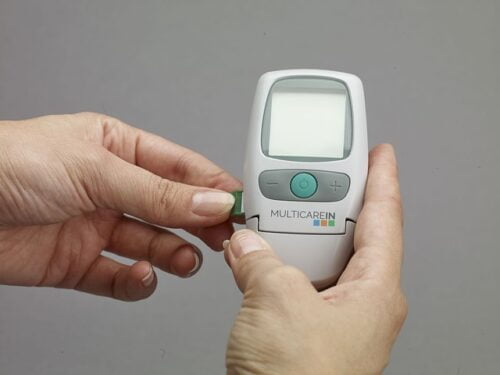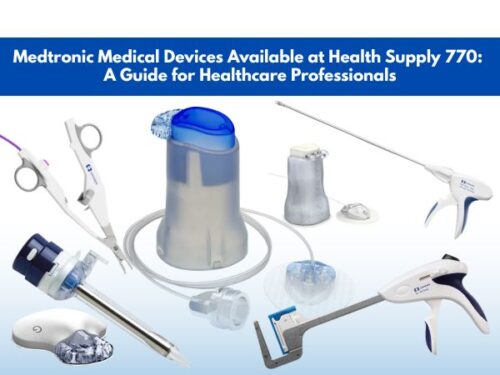Treatment of Gestational Diabetes in Early Pregnancy

During pregnancy, a woman’s body goes through several kinds of changes at the physical, psychological, and emotional levels. Some of these are meant to happen given the gestational state but others do not necessarily happen to everyone. Moreover, even if they do, they are usually reversible if taken care of. One such problem faced by several women during pregnancy is gestational diabetes. Although it is manageable, gestational diabetes can persist after childbirth as diabetes mellitus, a lifelong disease condition. Let us look into what gestational diabetes is, how it is diagnosed, and what is to be done to manage it.
What is Gestational diabetes?
Gestational diabetes or GD is a type of diabetes that is experienced during pregnancy. It usually starts between the 24th to 28th weeks of conception. Getting gestational diabetes is not restricted to people who are prone to diabetes in general due to family history or obesity etc., rather it can affect anyone with or without a previously existing risk. However, women who are already diabetic can experience greater fluctuations in their blood sugar levels after getting pregnant.
Causes of gestational diabetes
The main cause of gestational diabetes is the fluctuation that occurs in the levels of the body’s hormones, particularly insulin. Our bodies are designed in a way to process glucose in a certain way. When we eat, our food is digested into smaller fractions one of which is glucose. This glucose, being the major source of energy of the body, is to be sent inside the cells where it can be further broken down in order to extract energy from it. In this regard, insulin plays an important role by acting as a gatekeeper of the cells. It opens the cellular gateways which allow the influx of glucose. In the case of diabetes, either insulin levels fall in the body or the body becomes desensitized to it. Consequently, the glucose does not enter the cells resulting in elevated blood sugar levels.
In the case of pregnancy, at the 24th week, the placenta starts forming which is a layer of the uterus connecting the fetus to the mother’s body. It helps supply nutrients to the fetus and provides a way for material exchange between the two. The hormones responsible for the formation of the placenta interfere with the mother’s insulin levels thus resulting in the start of gestational diabetes.
Symptoms of gestational diabetes
Women experiencing gestational diabetes are usually asymptomatic. However, some of them may experience the following:
- Nausea
- Extreme thirst
- Frequent urination
- Constant feeling of tiredness
Diagnosis of gestational diabetes
For the diagnosis of gestational diabetes, a glucose test is done which includes the measurement of two factors:
- Glucose challenge test: To conduct this test, the patient is asked to consume a sweet liquid for an hour after which, her blood sugar level is measured. If the BGL is normal, there is no chance of gestational diabetes. If it is higher than usual, then a second test is to be conducted.
- Glucose tolerance test: For the glucose tolerance test, the patient is asked to fast for 8 hours. After this fasting period, a blood sample is collected from the patient who then receives a sweet liquid to drink. After an hour, another blood sample is taken and glucose levels are checked. Similarly, a blood sample has to be taken at two and three hours mark. The trend of blood sugar level will indicate the presence or absence of gestational diabetes.
Management of gestational diabetes
Once diagnosed, diabetes during pregnancy requires proper management to avoid its harmful effects on both the mother as well as the child. Actually, the condition poses a far greater risk to the baby at the time of birth than to the mother in terms of:
- Difficulty in breathing
- Obesity
- Hypoglycemia leading to seizures
- Premature birth
- Elevated body weight
Moreover, it also puts the child at risk of developing type II diabetes later in life. Therefore, to avoid such complications, it is important to manage gestational diabetes by the following steps:

A glucometer for measuring blood glucose level
- Regularly measure your blood glucose level using a glucometer
- Eat smaller and more nutritious meals with a good portion of fiber, carbohydrates, proteins, and fats
- Avoid junk food
- Avoid consuming foods rich in sugar
- If prescribed, take insulin to manage the elevated BGL
Are you at risk of gestational diabetes?
If you have any of the following conditions, you may be more prone to acquiring gestational diabetes than the others:
- Hypertension
- Obesity
- Physical inactivity or limited mobility
- Polycystic ovary syndrome (PCO)
- Conditions related to heart
- Higher than normal glucose levels i.e. being pre-diabetic
- Having a baby weighing equal to or more than 9 pounds (lbs) in a previous birth
- Family history of gestational diabetes
How to avoid the risk of diabetes during pregnancy?
When it comes to 100% prevention of diabetes during pregnancy, the goal is not realistic as you can’t ensure that you will not get the condition by avoiding sugar and junk food or doing exercise. Rather, what can be done is the minimization of the risk. You can adopt the following measures to reduce the chances of getting gestational diabetes:
- Eat a balanced diet: Whole wheat pasta, brown rice, granary bread, bran cereals, muesli, beans, pulses, and porridge are good options as they release glucose at a slower rate thus providing a controlled sugar elevation.
- Consume vegetables and fruits: Avoid artificial sweeteners.
- Exercise regularly: Moderate-intensity activity such as walking every day for a few minutes can significantly reduce the chances of getting gestational diabetes.
Conclusion
Gestational diabetes is a health condition globally experienced by nearly 10% of pregnant women. In some cases, the condition subsides automatically once the baby is delivered. However, it may persist and transform into type II diabetes mellitus which is a chronic disease. Thankfully, it is easy to manage the condition as well as to minimize its risk.



















